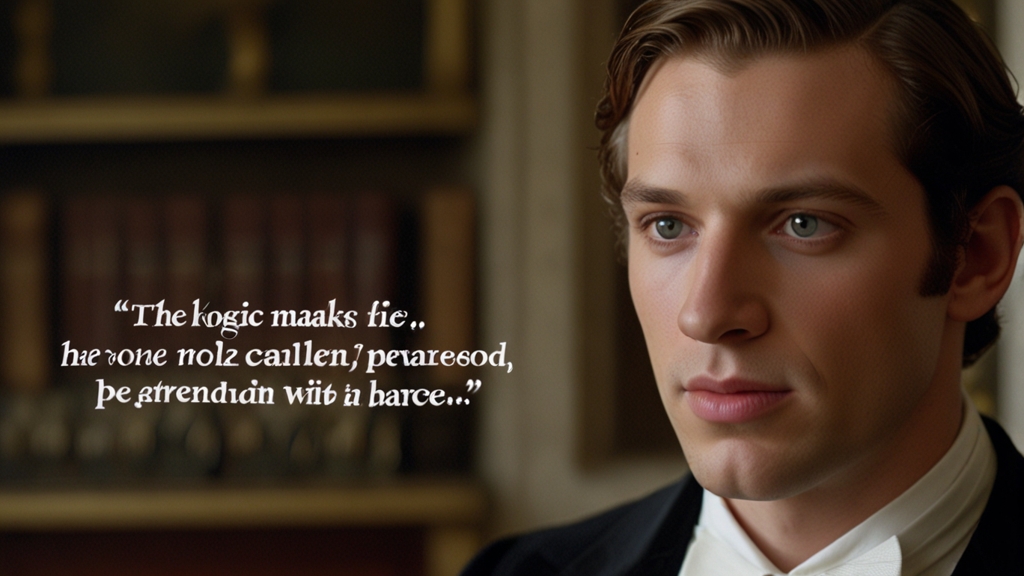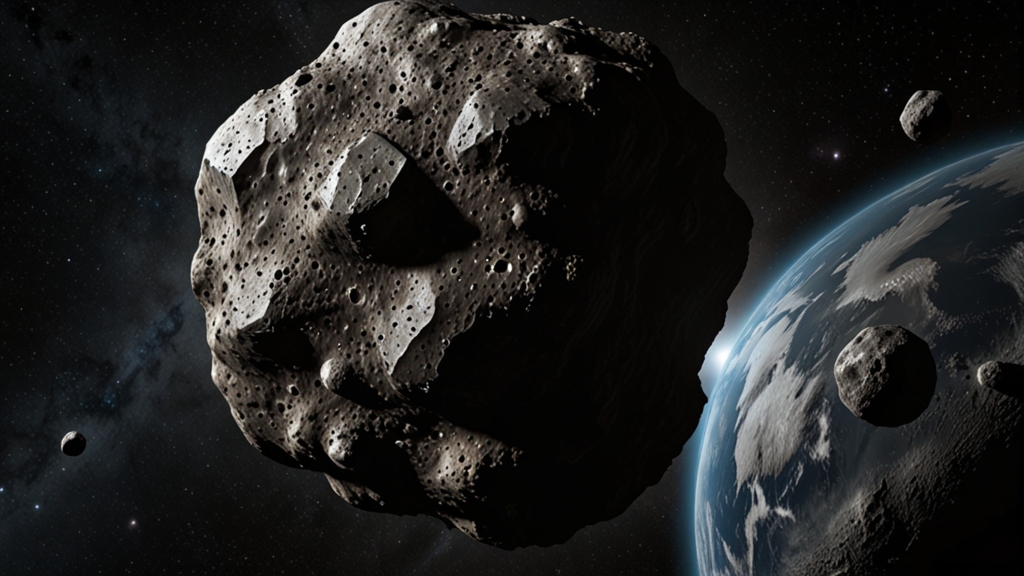Debunking the Creation Myths: What History Tells Us
Throughout human history, countless cultures have sought to explain the origins of the universe and our place within it. These narratives, often termed creation myths, span from the ancient Mesopotamians to the indigenous tribes of the Americas. Such stories offer a fascinating glimpse into the collective psyche of early civilizations, revealing how they grappled with one of the most profound questions of existence. However, with the advancement of science and historical research, we can now critically analyze and debunk many of these myths, understanding them not as historical truths but as symbolic tales.
The Role of Creation Myths in Ancient Cultures
Creation myths serve more than just explanatory purposes; they are foundational stories that establish cosmological order, reinforce cultural values, and legitimize societal structures. The Babylonian "Enuma Elish," for example, not only recounts the birth of gods and the creation of the world but also justifies the supremacy of Babylon and its patron deity, Marduk. Similarly, the Egyptian myth of Osiris and Isis helped cement the divine right of pharaohs, who were seen as earthly representatives of these deities.
Cicero once remarked, "Not to know what happened before you were born is to remain forever a child." Understanding why these myths were created allows us to see beyond their literal interpretations and appreciate their cultural significance.
Modern Understanding Through Archaeology and Linguistics
The fields of archaeology and linguistics have been instrumental in debunking traditional creation myths. Excavations of ancient sites often reveal that these stories were far from unique; many shared motifs and structures across different cultures. For instance, the flood myth found in the "Epic of Gilgamesh" bears a striking resemblance to the story of Noah's Ark in the Bible. Such cross-cultural similarities suggest a shared human inclination to use narrative frameworks to make sense of natural disasters and life’s uncertainties.
Linguistic studies also help demystify ancient texts. Many creation myths have undergone numerous transcriptions and translations over millennia, altering their original meanings. By studying these languages in their historical context, scholars can trace how these stories evolved, revealing their symbolic nature rather than factual accuracy.
The Scientific Perspective on Creation
Science has provided comprehensive explanations for the origins of the universe and life, grounded in empirical evidence and reproducible results. The Big Bang Theory, for example, offers a cosmological model supported by astronomical observations and physics. Evolutionary biology explains the diversity of life on Earth through natural selection, a far cry from the instantaneous creation events depicted in many myths.
In the words of Carl Sagan, "Extraordinary claims require extraordinary evidence." Modern science prioritizes evidence-based explanations over mythological narratives, leading to a more nuanced understanding of our origins.
The Enduring Value of Myths
While science has provided answers to many questions about the universe's origins, it does not diminish the cultural and psychological significance of creation myths. These stories encapsulate human creativity, resilience, and the perennial quest to understand our place in the cosmos. They continue to inspire art, literature, and philosophy, offering timeless insights into the human condition.
Moreover, myths often carry ethical and moral lessons embedded within their narratives. For instance, the Norse myths of Ragnarok describe a cyclical end and rebirth of the world, teaching about the inevitability of change and the importance of courage and honor in the face of adversity.
Conclusion
Debunking creation myths through the lens of historical and scientific scrutiny does more than just separate fact from fiction. It enriches our understanding of human history, exposing the ingenious ways our ancestors made sense of the world. These stories, while not literal truths, remain invaluable cultural artifacts, reflecting the hopes, fears, and aspirations of early societies.
As we continue to explore the mysteries of the universe, may we do so with the wisdom to honor the myths of old and the clarity to seek evidence-based truths. In this balance, we find a fuller appreciation of both our past and our potential future.







